Ned Breslin: Opening Water Meter Markets to Support Tariffs and Water Management
Water meters allow for greater equity of supply, but traditionally have been feared because of possible implications toward water utility privatization. But the tides are turning around the world, and water meters are increasingly being seen in a positive light.

By Kimberly S. Lemme and Ned Breslin
In the Bolivian foothills, a group of inspectors are testing the functionality of a water system. They have gotten into the habit of turning on taps to test water availability, instead of just talking to residents about it first. As the faucet is turned on, Hermulinda lurches forward awkwardly with her bucket to catch the water that shoots from the tap. She knows that those drops will cost her, if they are not captured. Feeling confident and proud of her functioning water system, Hermulinda smiles, gold-covered teeth shining in the Bolivian sun, as she mutters, “They could have just asked.”
Further north, in Honduras, David squats beside a cement box in the ground and lifts the lid, adjusting his glasses to better see the small numbers on the water meter inside. Maria, the matriarch of the house, stands nearby, unconcerned. She knows David is reading her household water meter to calculate her monthly payment to the local water committee. Like Hermulinda, Maria smiles, too, because the system is, in her words, “a good deal for every lempira (Honduran currency) paid.” It is transparent, accurate and fair.
On the other side of the world, Sylverien, a Rwandan farmer, begins selling the first few jerry cans of the morning to his neighbors. As a contractor with the local Rwandan utility, Energy Water Sanitation Authority (EWSA), Sylverien tracks every drop that falls from his tap into the jerry cans, and he uses the profits from the water sales to augment his agricultural income. He makes a fair profit in return for providing a service to the community that is much more convenient — and water that is of much better quality — to families who are happy to pay him. No more walking down dangerous hills to get water from the valley below. No more exorbitant prices paid to people fetching water from the springs.
The common thread linking these individuals is their water meters, small devices that measure water consumption and that are the basis for setting tariffs and encouraging water conservation.
Gravity-fed schemes without meters encourage massive water use, as well as water wastage, and primarily benefit those closest to the distribution lines and transfer tanks. These users have first dibs on water supplies and have, across continents, taken advantage of the free flow of water, masked by uniform tariffs, regardless of usage. The impact down the line is considerable: families farther away — often the poorest — have unreliable water supply.
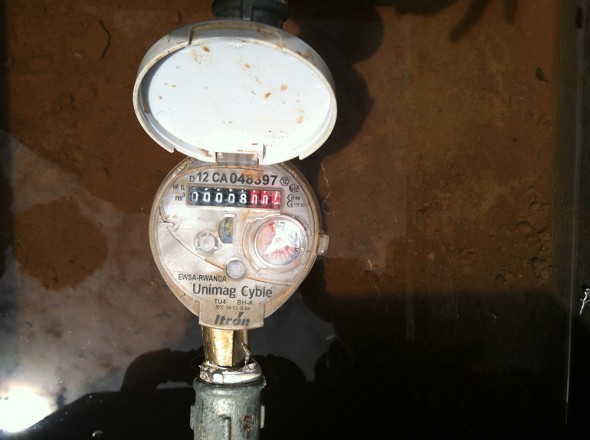
Linking tariffs to the volume used has not only allowed for greater water conservation but has also allowed management bodies to handle their finances more strategically. For example, it is only fair that families like Sylverien’s who use water for productive and income-generating purposes pay for that excess usage. In that way, tariffs that are based on usage benefit the entire community.
Yet, though water meters allow for greater equity of water supply throughout the improved water system, it is important to note that many of these locales have traditionally feared the use of meters, stemming from a concern that water meters indicate movement toward water utility privatization.
But Water For People’s experience with water meters has proven to be very different. Water meters have become a cornerstone of our Everyone Forever district-based work across both rural and urban populations in places as diverse as Latin America and Africa. The goal of Everyone Forever is to find creative ways for all people to access water, regardless of political, social, or economic constraints, and this goal is balanced with the need to finance recurring and ongoing costs associated with water service provisions. This critical balance matters because water systems without a long-term financing plan to operate have little impact on the wellbeing of the people.
Why? Because systems will eventually break — always! Nothing lasts forever. WASH programs that dodge hard questions of long-term financing and focus just on one-time installation costs do a disservice to the people they claim to help, plain and simple.
But it’s not easy; Water For People struggled with this balance for years. We built infrastructure and offered training, but we did not provide that subtle yet purposeful long-term support that is needed to institutionalize tariffs to cover operational costs while making sure that the poorest people can still afford to access water services. Getting this balance right is not easy, and we continue to explore creative ways to move from tariffs to cover operational costs (which we have improved on) to the messy and even more challenging goal of having enough finance available to eventually replace water infrastructure without the need for external support.
Water meters have been instrumental in this effort. And communities worldwide who, for many reasons, may have feared meters in the past are now embracing them as a key component of their water service solution. Hermulinda sees her water meter as a tool to accurately track consumption; Maria sees hers as a way to keep from being cheated on price; Sylverien sees his as a way to generate additional income and provide a better service to his neighbors.
We’ve learned that ensuring continuous water services requires a mix of indicators. Water meters help to provide useful and transparent data to WASH nonprofits like us and to the local municipalities who are providing the water — but this information is most important for the people on the receiving end of the tap and the managers of the water services.
Meter markets are opening worldwide for the good of users and service providers in diverse countries. This is an enormous opportunity for companies such as Itron, Badger Meter, Master Meter, Elster, Aclara, and others to be part of water solutions worldwide. Community fear of privatization is declining because of the successful introduction of meters focused on tariffs and conservation linked to local management of water services in diverse countries like Bolivia, Honduras, and Rwanda. They are using their meters strategically to equitably distribute water and to charge appropriately, while delivering precious water more effectively to households throughout their networks. Meters are also creating job opportunities that previously did not exist for local residents.
Meters, used in conjunction with appropriate user fees, are a useful tool that brings us one giant step closer to sustainable water management by local organizations and by people who are fundamentally invested in the success of their water system.
–Ned Breslin
Follow Ned Breslin on Twitter.


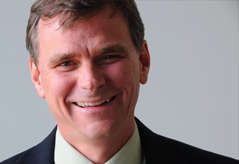

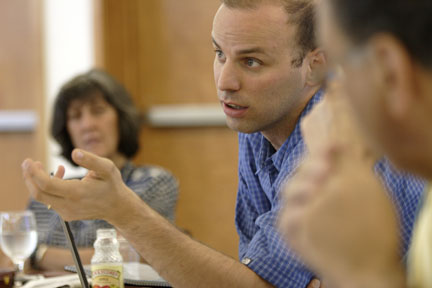
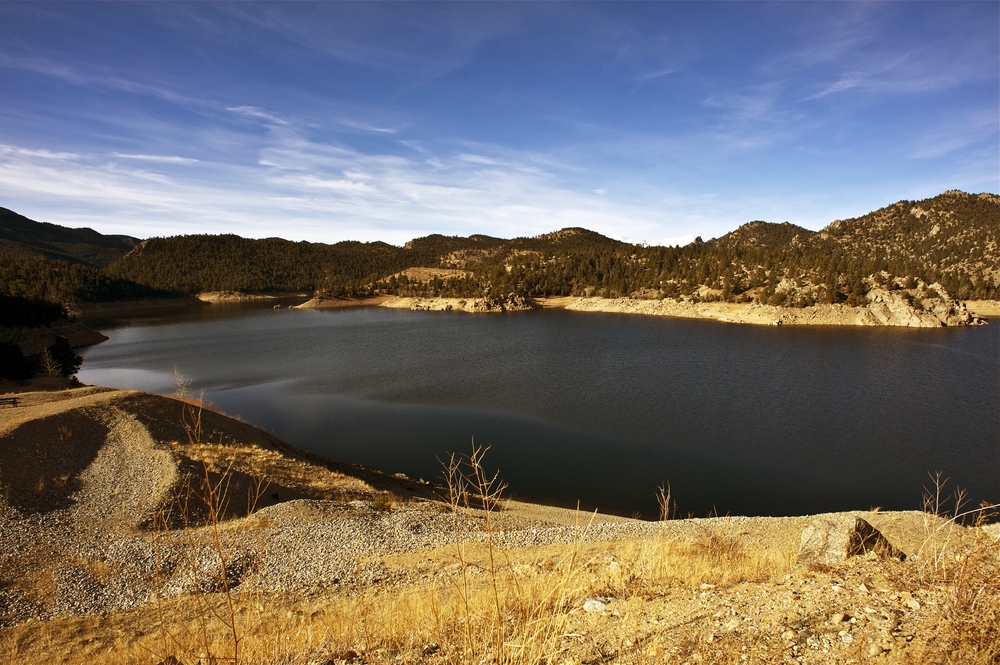
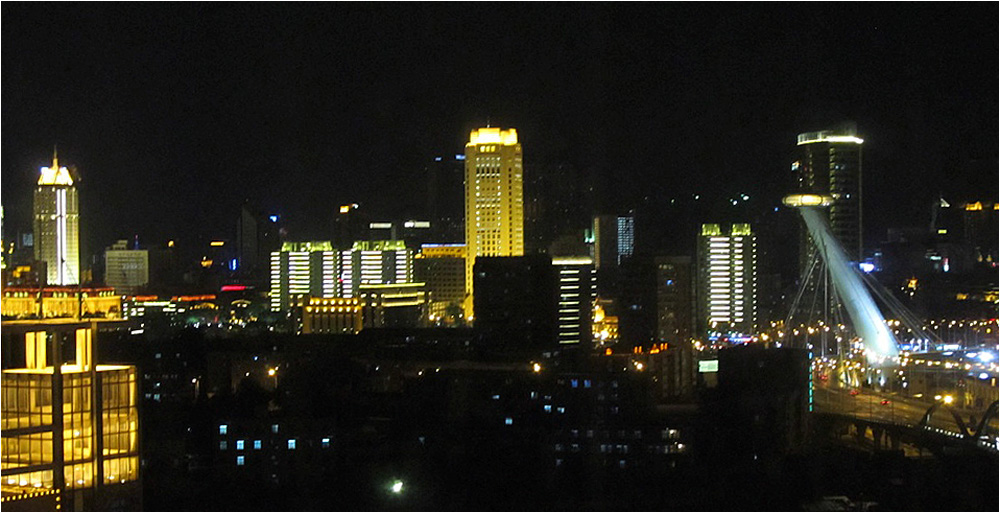


Hi Ned
Interesting stuff. Couple of things – despite the recent brouhaha over her death, I’m not sure folk here would say “thatcher” when asked about water privatisation (they might say “leaks”, though!) Also, the WASCs were comprehensively privatised – “efforts” implies a Bechtel style reverse.
More interestingly though, I would posit that resistance to metering in the UK is as great as it ever was in rural Bolivia. London has about 25% metering, with compulsory installation only on change of occupancy. Most people who think they would benefit from a meter vs a flat tariff linked to property value (eg couples living in expensive houses) have already opted in. The challenge now is getting large families on flat tariffs linked to the (lower) value of their houses to accept a meter when they suspect it will mean higher bills.
The challenge to metering is ultimately affordability rather than ownership, I guess.
best
michael
Nice points, helps me a great deal to get this argument right, and thanks
Ned